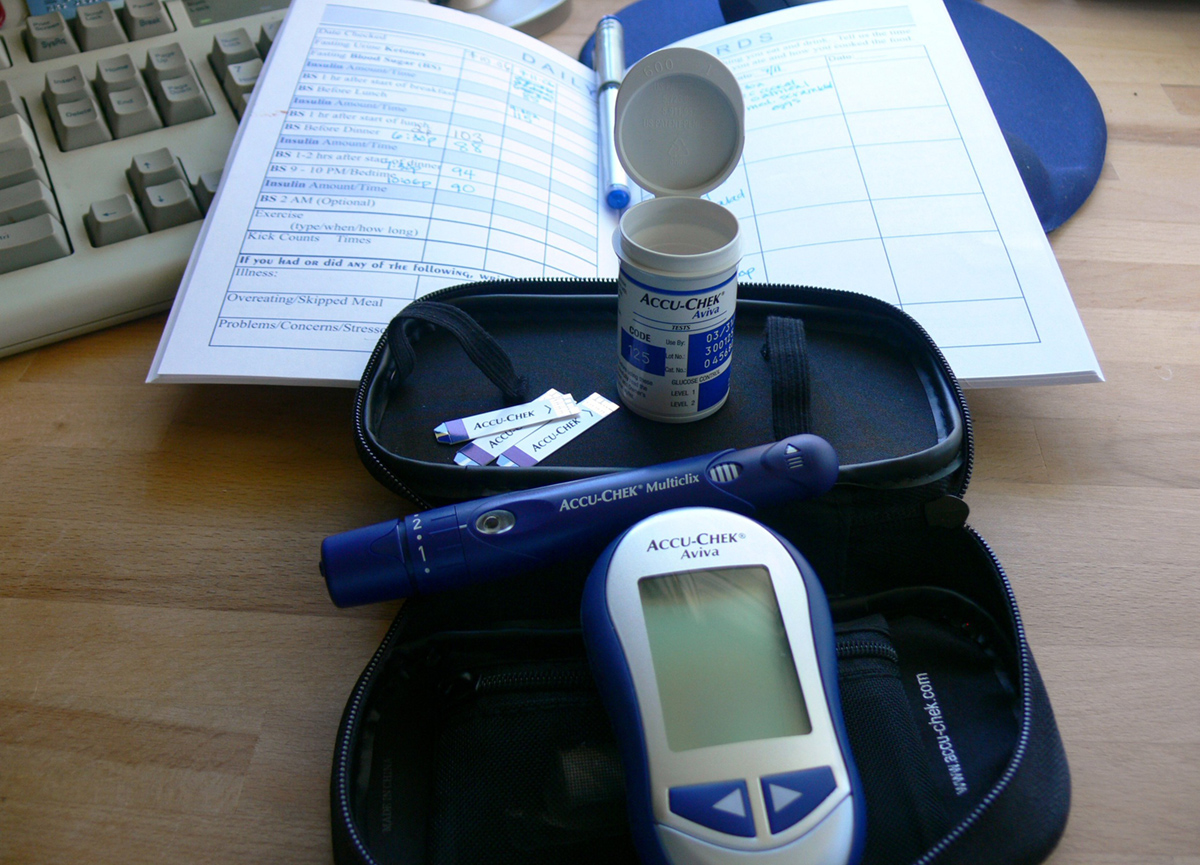
Gestational diabetes is a condition that occurs during pregnancy and similarly to diabetes mellitus features with high blood sugar levels. It is estimated that 4% of all pregnant women are affected by gestational diabetes.
Causes of Gestational Diabetes
It is normal for pregnant women to suffer from impaired glucose intolerance due to hormonal changes. This impairment is usually in a form of slightly elevated blood sugar levels. A mild increase in blood sugar levels is not considered serious. However, if the levels are significantly increased this points to the presence of gestational diabetes.
During pregnancy all the necessary nutrients as well as oxygen are transferred from the mother to the baby via the placenta. The placenta produces certain hormones which allow normal shift of the nutrients and these hormones also prevent the occurrence of low sugar levels in mother's blood. They work by inhibiting the action of the insulin. As the pregnancy progresses these specific hormones may cause permanently increased blood sugar levels. What follows is a normal reaction of the body and increase in production of the insulin. The mother's pancreas is generally able to produce more insulin and control the level of sugar in blood. Still, in case the pancreas is not capable of producing enough insulin to control the blood sugar levels, the woman is going to develop gestational diabetes.
Some women are at higher risk for gestational diabetes. This particularly refers to those suffering from prediabetes and impaired fasting glycemia and women with family history of type 2 diabetes. Women older than 35 are commonly effected with this condition. There are several more risk factors such as obesity, poor previous obstetric clinical analysis, smoking during pregnancy and polycystic ovarian syndrome.
Symptoms and Signs of Gestational Diabetes
The symptoms and signs of gestational diabetes include increased thirst and subsequent increased urination, nausea, vomiting, fatigue and blurred vision. Women suffering from gestational diabetes are highly susceptible to bladder infections and yeast infections.
Treatment for Gestational Diabetes
In majority of pregnant women who undergo regular and routine examinations and tests during pregnancy gestational diabetes is diagnosed on time. A simple measuring of blood glucose levels will show the increase in blood sugar levels and point to the presence of the condition.
It is essential to make changes in one's diet and this can be achieved by consulting a well experienced dietitian. If the blood sugar levels remain high in spite of dietary changes the woman is prescribed insulin injections. Fortunately, not all the women need to be treated with insulin injections. Pregnant women are not supposed to take pills to control the disease due to many side effects of these medications on the fetus. Blood sugar levels are regularly controlled and the doctor closely monitors the baby during the last weeks or months of the pregnancy. If the baby grows very large (which is typical for gestational diabetes) the woman usually undergoes cesarean section.
















Your thoughts on this
Loading...